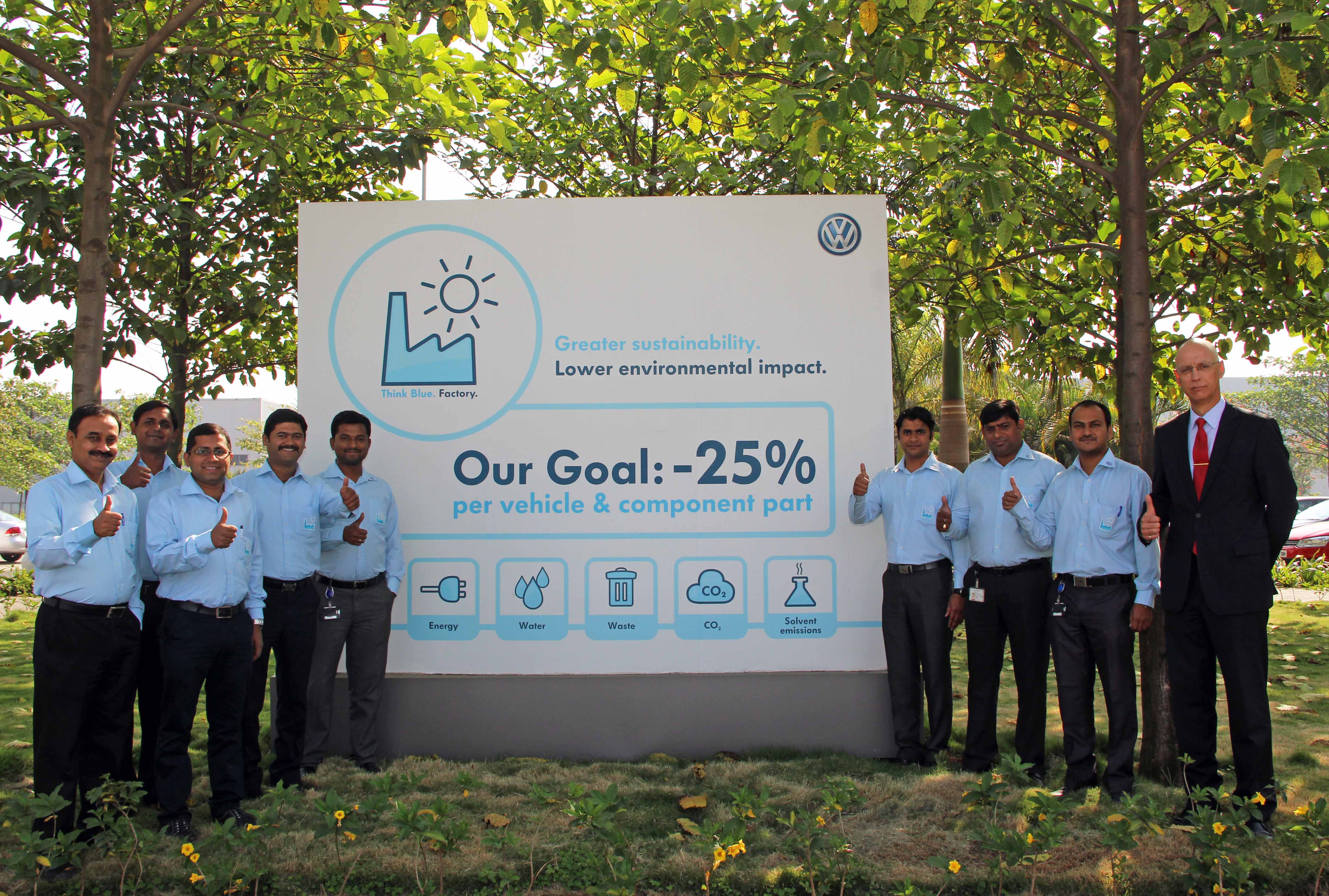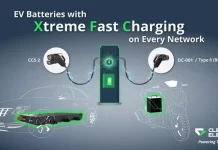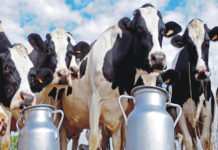Andreas Lauenroth, executive director – technical, Volkswagen India Private Limited and head of Volkswagen Pune plant shares his plant’s ambitious goals and current achievements in an interaction with SustainabilityNext
Why is your factory called ‘Think Blue.’? Are all your factories called the same?
The concept ‘Think Blue.’ is a holistic approach adopted by Volkswagen globally that encompasses the goal of creating environment-friendly products and solutions, encouraging eco-conscious behaviour and contributing to a sustainable future. It’s about being more responsible on the road and more environmentally conscious – not just in the cars, but everywhere, every day.
‘Think Blue. Factory.’ is an addition to the Volkswagen ‘Think Blue.’ portfolio which includes key measures in the area of vehicle production. The program is adopted by 27 Volkswagen plants worldwide, and is concerned with efficiency improvements in production and the expansion of environmentally aware energy supplies addressing all employees at the plants.
What have been Volkswagen’s key insights that you brought from home to Pune on environment sustainability?
The ‘Think Blue. Factory.’ initiative was adopted by Volkswagen globally in 2011. Aiming to reduce the impact of its manufacturing process on the environment by 25% per car globally, Volkswagen Pune Plant has been working towards the goals since 2012.
Ecological sustainability at Volkswagen is a major corporate objective. The impact on environment through manufacturing processes is measured across five key areas of ‘Energy Consumption’, ‘CO2 Emissions’, ‘Water Consumption’, ‘Waste Generation’ and ‘VOC Emissions’ and the reduction is targeted in these areas on per car basis. This same idea has been brought from worldwide locations even to Pune Plant.
When will the India plant achieve your best plant results in sustainability standards?
Since the programme’s introduction three years back, the Volkswagen Pune Plant has achieved 17.3% reduction per car in the impact of manufacturing processes on the environment and the plant is on track to achieve its set target of 2018 (-25% per car). In specific area of ‘Waste Generation’, there has been a reduction of 30.5% per car by the end of 2014 and the target in this particular area has been achieved four years before the timeline. In the areas of CO2 emissions and energy consumption, the targets are around the corner and will also be achieved before the timeline. The current focus for achieving the results is on the 2018 target and it is a continuous, ongoing process.
What have been Pune Plant’s key achievements?
- 5% reduction in specific waste generation
Amongst the five key measurable areas, maximum reduction has been achieved in the area of ‘Waste Generation’. As compared to the base value of 2011, the Volkswagen Pune Plant has been able to reduce specific ‘Waste Generation’ by 30.5% (8.1 kg/car in 2011 reduced to 5.63 kg/car at the end of 2014). The main measure contributing to this achievement was the recycling of paint sludge. This reduction was achieved by cutting down the moisture content from paint sludge through centrifuge and further recycling the paint sludge to produce primer as a by-product.
- 2% reduction in specific CO2 Emissions and 20.6% reduction in specific Energy Consumption
Volkswagen Pune Plant has closed in on the targets of two more key areas of ‘CO2 Emissions’ and ‘Energy Consumption’ by the end of 2014. With specific reduction of 21.2% and 20.6% in specific values respectively, the targets are around the corner and will be achieved well within the defined timeframe of 2018.
Maximum saving in ‘Energy Consumption’ and hence also in ‘CO2 Emissions’ has come through the optimisation of operation of ‘Air Supply Unit’ in the Paint Shop where huge reduction in CNG consumption has been achieved. The annual saving through this translates to approximately 2,943 MWh/a out of the total 3,741 MWh/a saving.
The other projects contributing to this total saving include optimisation of operation of utility equipment, installation of ‘High Speed, Low Volume’ (HSLV) fans, optimisation of lighting equipment and optimisation of ventilation. The positive side of all the activities undertaken at the plant is that none of the activities have hampered the working conditions for the employees. In fact, activities like installation of HSLV fans have improved the working conditions on the shop floor.
- 4% reduction in specific ‘Water Consumption’
A reduction of 14.4% has been achieved by Volkswagen Pune Plant in the area of specific ‘Water Consumption’. The major contributors to this saving are through modifications made at the shower test area in Assembly and optimising the process PDI car wash. Adding to these is the saving achieved through activities undertaken in 2013 that have yielded results on a longer term in 2014.
What’s the future target and how would you engage customers and vendors into your sustainable goals, not just the factory?
Like Volkswagen is committed to quality, engineering, innovation and so on, there is also an intense focus on sustainability and we pay the same attention in choosing our vendors. There are rigorous environmental requirements that the vendors have to comply with before they are selected to work with Volkswagen. If they don’t comply with our standards, we take the efforts to develop them and bring them to accepted sustainability level.










